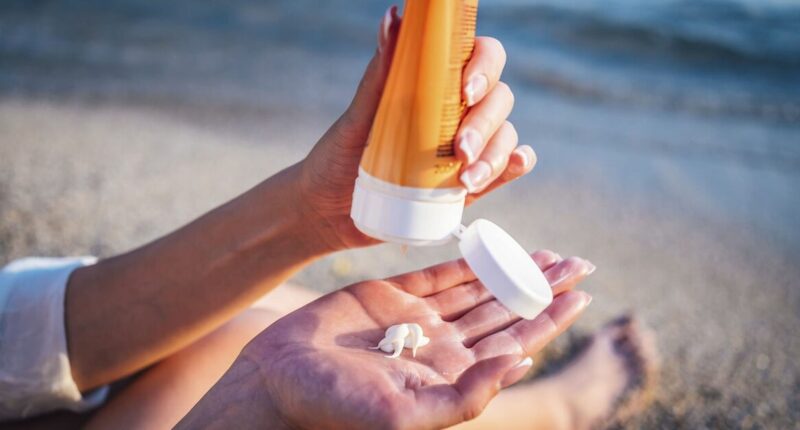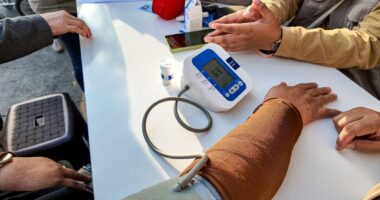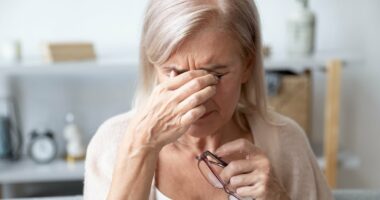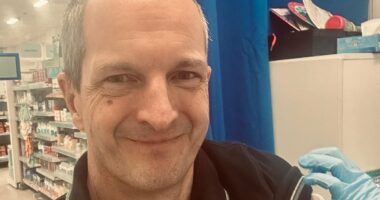Share this @internewscast.com
A dermatologist specialising in skin cancer has revealed the most effective method against sunburn as the UK enters its third heatwave. As scorching temperatures exceed 30C in many parts of the UK, dermatologist Dr Rachel Abbott stressed the importance of sun protection, as sunburn can increase the risk of skin cancer.
According to Cancer Research UK, up to 90% of UK cases of melanoma, the most serious type of skin cancer, could be prevented by staying safe in the sun and avoiding sunbeds. It warned that it is impossible to tell how much damage you will get just from the temperature outside, as the harmful UV rays are infrared.
The charity pointed out these can actually be strong enough to cause damage from mid-March to mid-October in the UK, and advised using protection if the UV index is 3 or above.
Dr Rachel Abbott, a consultant dermatologist who specialises in skin cancer for the Cardiff and Vale University health board, revealed the best ways to protect against the sun, reported by Sky News.
Contrary to popular belief, she explained sun cream is actually a “last resort” for areas that you can’t cover up with clothing and hats, and sunglasses.
Dr Abbott said shade is the “most effective” protection, and it should always be the first option, followed by protective clothing, hats and sunglasses, with suncream as the final detail.
The cancer care charity Macmillan recommends a suncream with a sun protection factor (SPF) of 50, or at least 30, and to reapply it regularly.
Cancer Research UK advises people to consult with their doctor if they notice any symptoms, including a new or changed mark or mole, a sore that doesn’t heal, or changes like a dark area or line under a nail that’s not caused by an injury.














